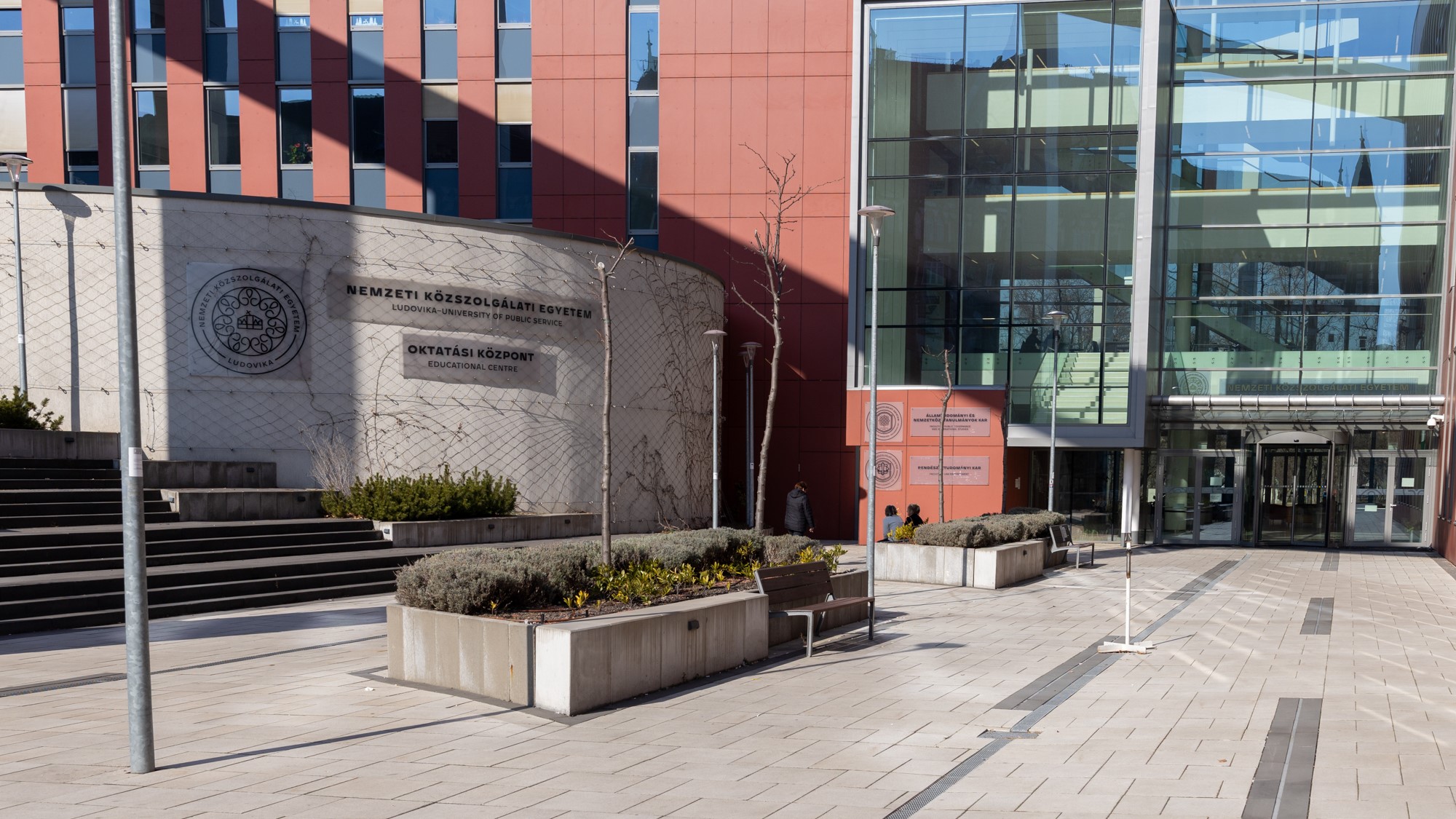Hungarian universities are performing increasingly well on the global stage, with three institutions now ranked among the world’s top 2 per cent and 12 in the top 5 per cent, according to the latest international data. Minister for Culture and Innovation Balázs Hankó highlighted these achievements on public television Thursday, citing the Quacquarelli Symonds (QS) global rankings.
Three leading institutions—Eötvös Loránd University (ELTE), the University of Szeged (SZTE), and the University of Debrecen (DE)—excelled in the rankings, which assess educational quality, research performance, industry income, internationalization, and institutional reputation. Hankó emphasized that Hungarian universities have made significant progress across almost all these indicators over the past five years.
He attributed the improvement to higher education reforms launched in 2019, which introduced a more autonomous, performance-oriented governance model. According to the minister, this shift, driven by the preferences of university senates, has begun to yield measurable outcomes. Among the results he noted: a 50 per cent increase in international scientific publications, a doubling of university-generated industry revenues, stronger ties between academia and business, a growing number of foreign students in Hungary, and a sevenfold rise in patent filings.
However, Hankó criticized what he described as reputational bias in international assessments, partly stemming from the exclusion of Hungarian universities from European research and exchange programmes—decisions he claimed lack moral and legal justification. He referred to this situation as the ‘Brussels factor’.
In response to these limitations, the Hungarian government has launched its own international cooperation initiatives, such as the HU-rizont and Pannonia programmes, aimed at strengthening global academic ties. ‘Brussels is trying to hold us back, but Hungarian universities are advancing on the rankings,’ Hankó said.
Speaking separately on Kossuth Radio, the minister claimed there is a ‘campaign of retribution’ against Hungarian institutions in Brussels, yet the universities continue to perform well despite this ‘headwind’.
He pointed to Hungary’s strong innovation indicators, ranking 33rd globally—well ahead of its 96th-place population ranking—and holding 11th place worldwide in Nobel Prize laureates per capita. Hankó also mentioned the new Élvonal Foundation, established with Nobel laureate Ferenc Krausz, aimed at bringing top Hungarian researchers back home.
The minister also defended the practical relevance of Hungarian university education, noting that foundation-led institutions involve professionals with real-world experience. A Hungarian degree, he claimed, results in 1.5 times higher average salaries and leads to job placement within 42 days on average.
Finally, Hankó accused the EU and the Hungarian Tisza Party of undermining university autonomy by disregarding local decisions made by Hungarian senates. In contrast, he stressed that the government remains committed to upholding the autonomy and direction chosen by the institutions themselves.
Related articles:







